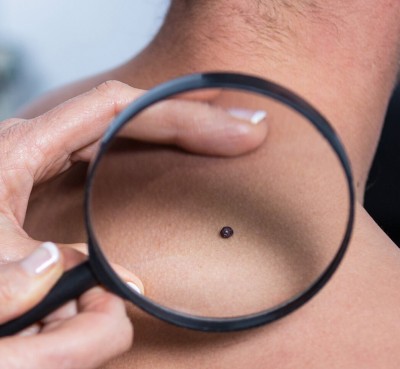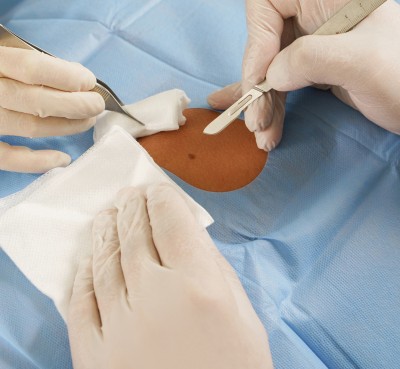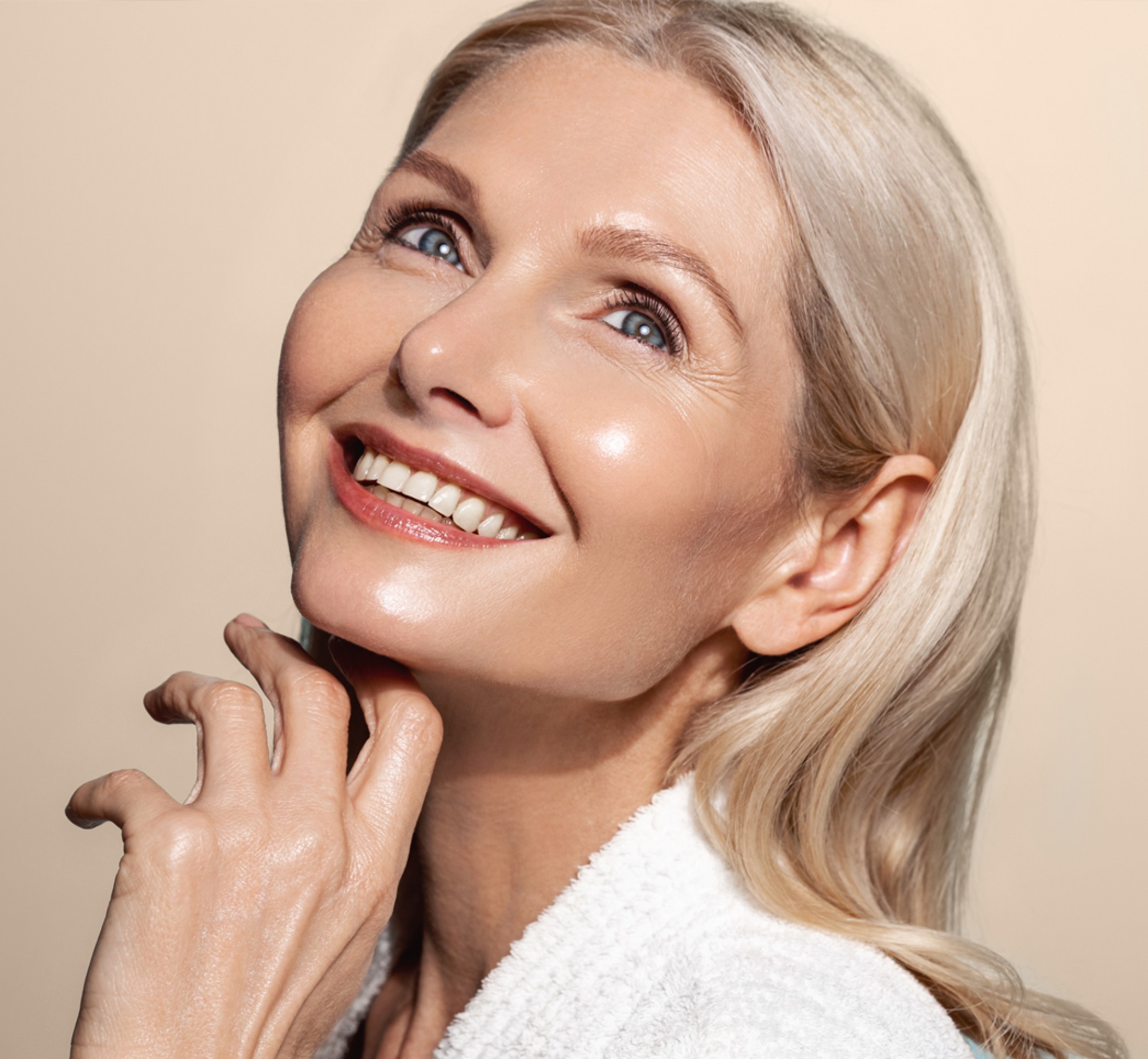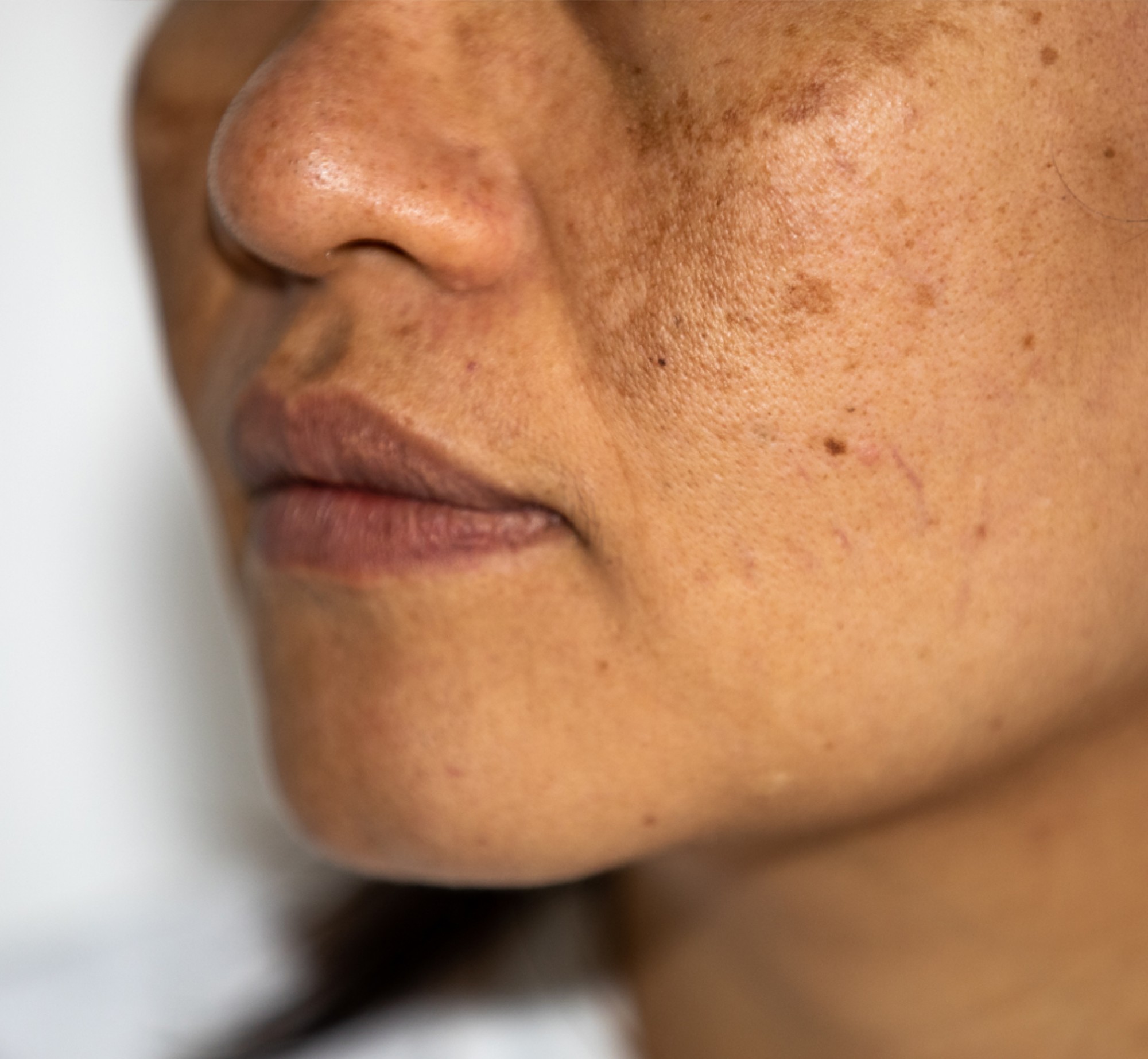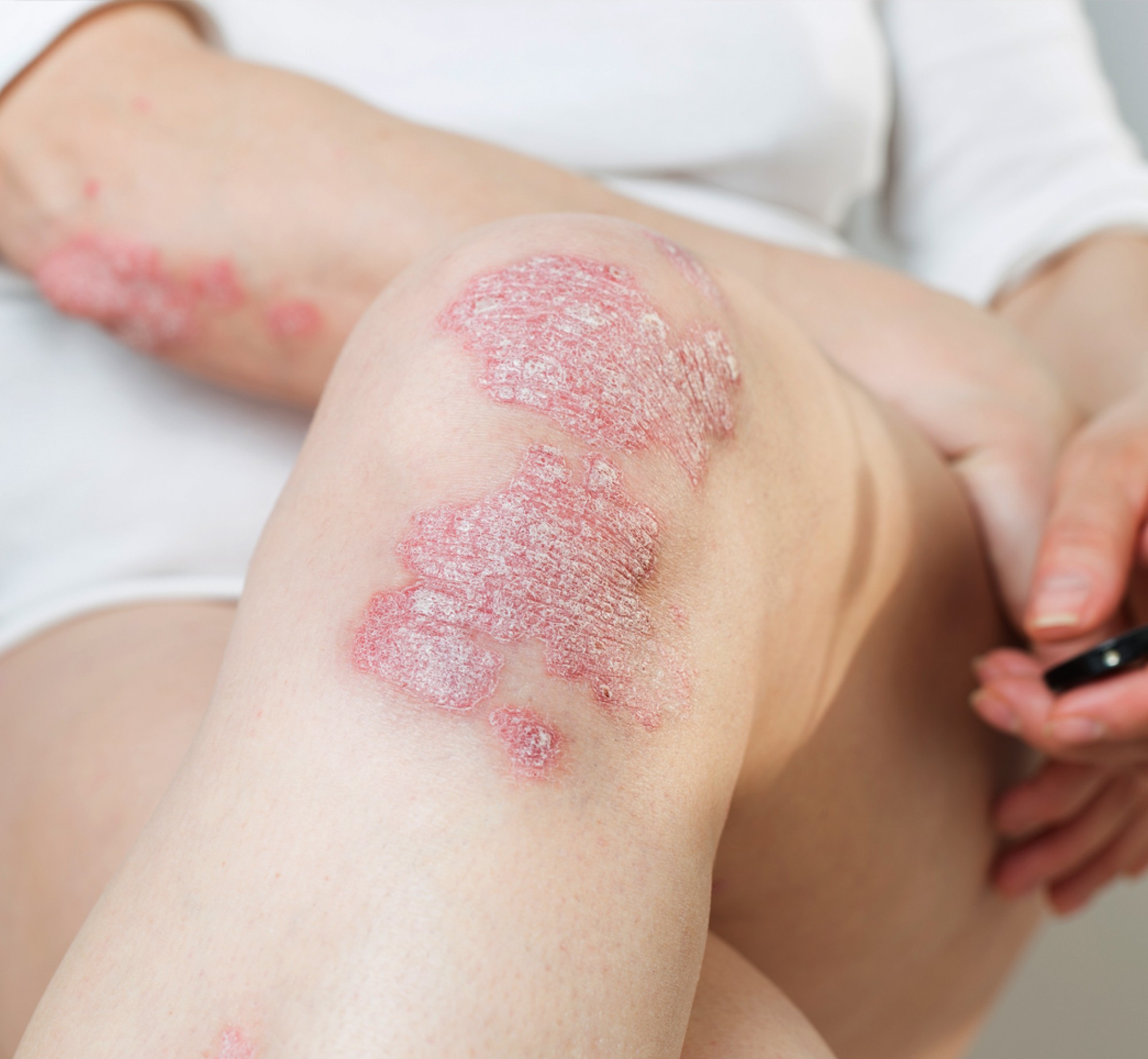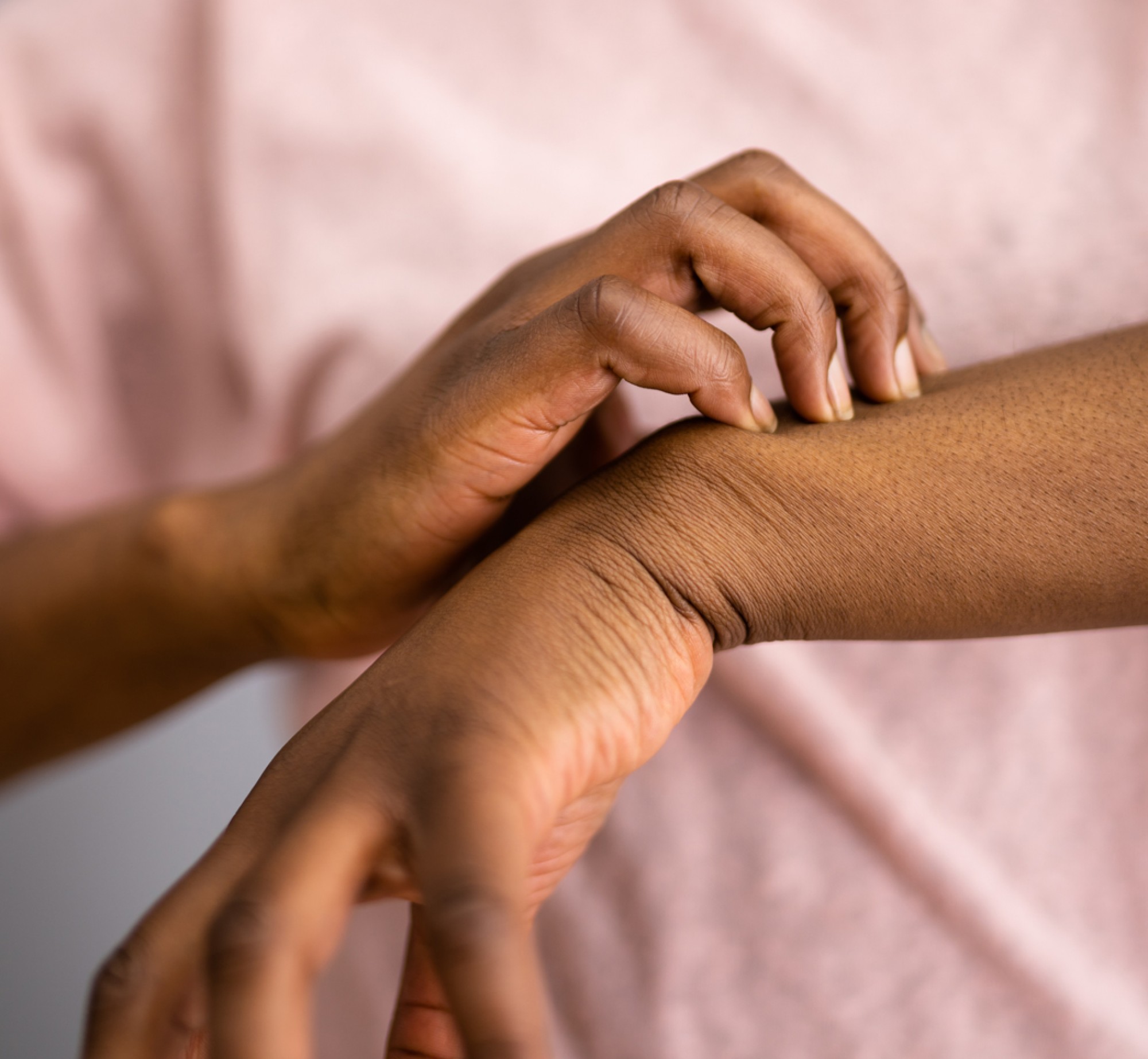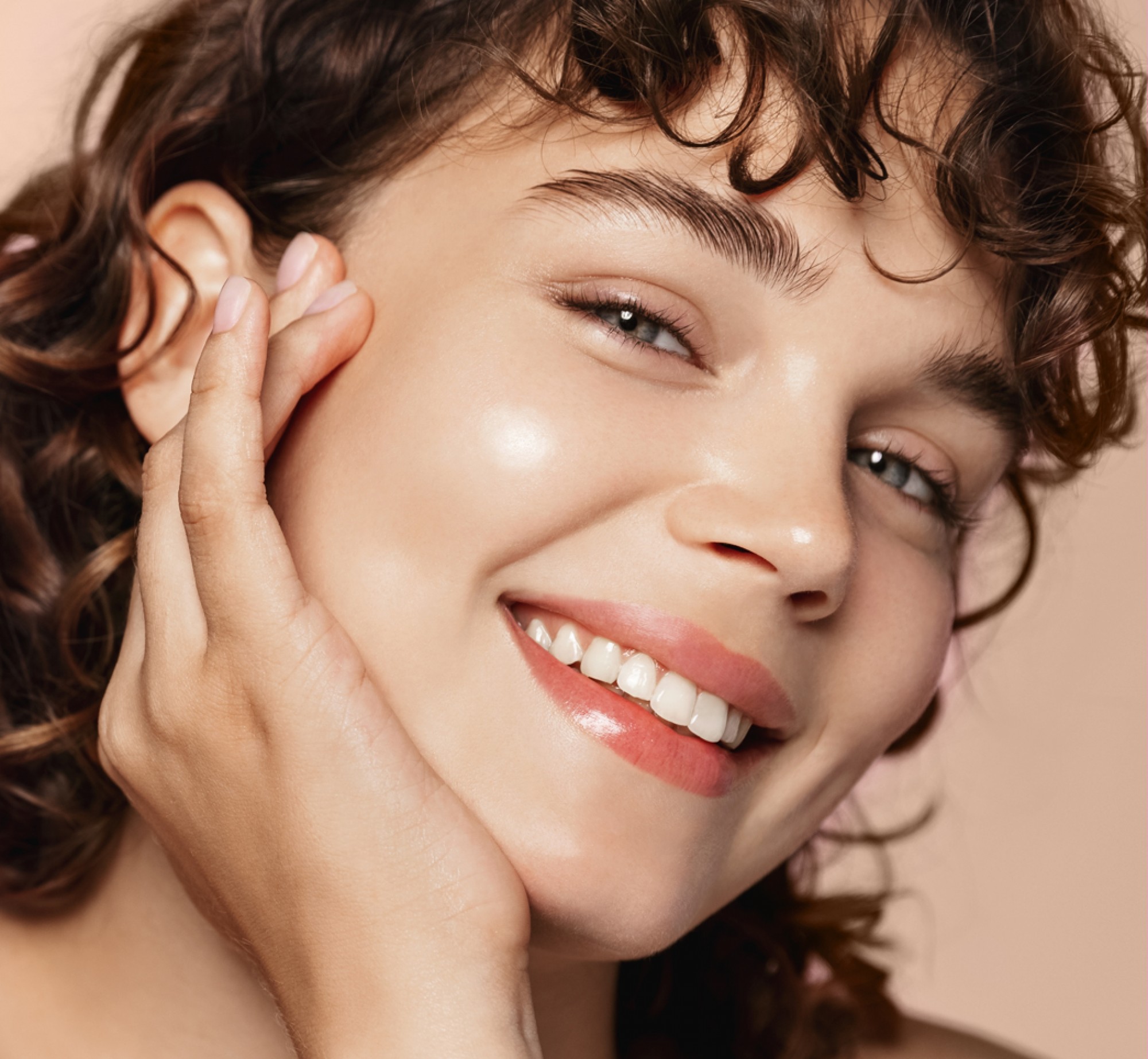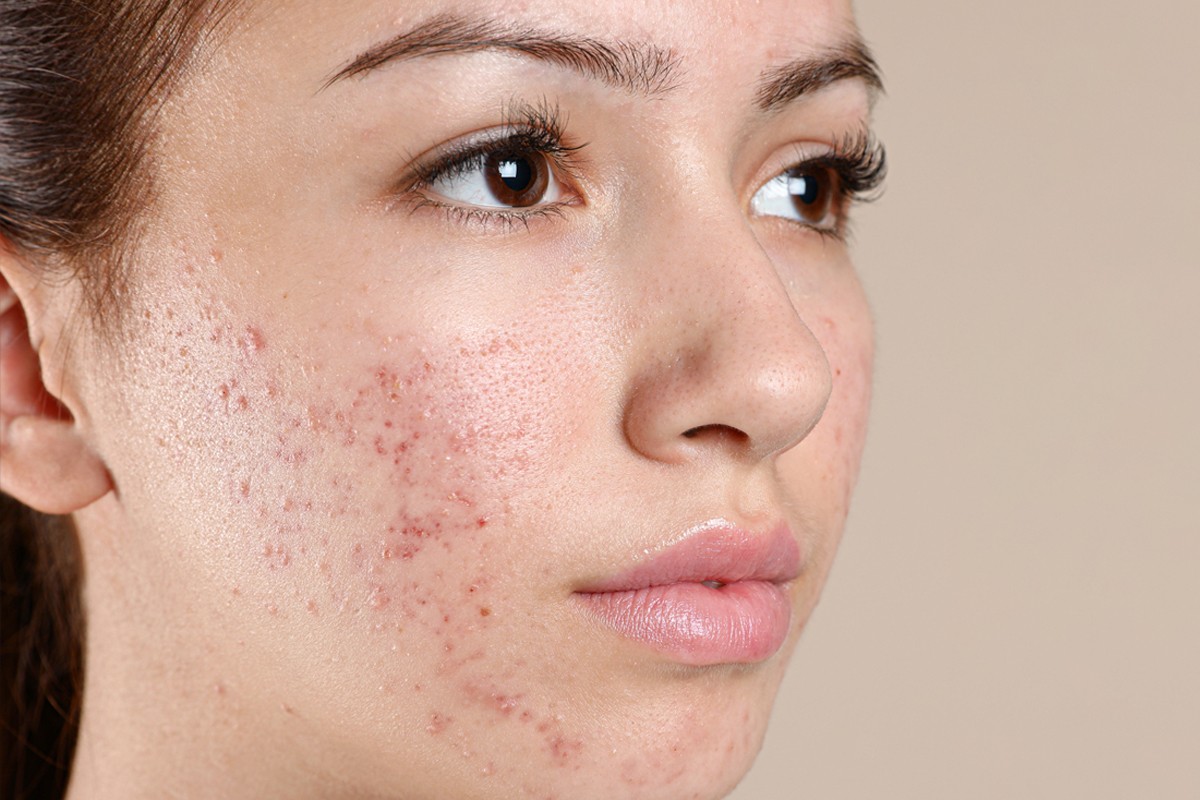The Blog
- Acne
- Maskne
- Melasma
- Pigmentation
- Hyperpigmentation
- Eczema
- Covid-19
- Rashes
- Covid-19 Vaccine
- Fillers
- Scars
- Botox
- Neurotoxins
- Skin
- Rosacea
- Seborrhea
- Anti-aging
- Skin Cancer
- Chemical Peels
- Allergies
- Infection
- Skin Tags
- Medical Care
- Dry Skin
- Skin Care
- Skin Care Tips
- Acne
- psoriasis
- Dandruff
- Impetigo
- Hair
- Intertrigo
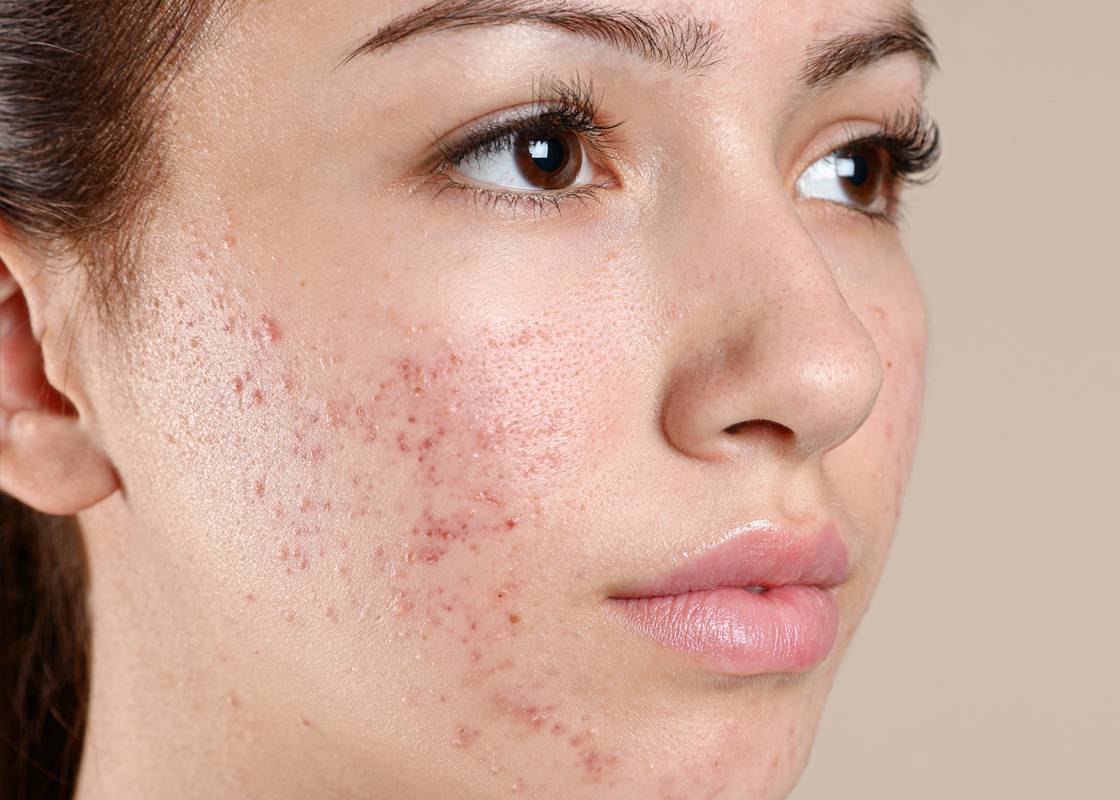
Acne is one of the most common reasons patients walk through my door. If you’ve ever looked in the mirror and been frustrated by those persistent spots, you’re not alone. Acne is essentially a condition where your pores get clogged by oil (sebum), dead skin cells, and sometimes bacteria. What starts as a small blockage can turn into blackheads, whiteheads, or those inflamed pimples we all dread.
Here’s the kicker: acne isn’t just a “teen thing.” I’ve treated patients in their 30s, 40s, and even beyond. It’s a complex condition influenced by hormones, genetics, and lifestyle. What I love about my job is helping patients understand that acne is not their fault – and that there’s always a way to treat it.
For more on the science behind acne, check out this resource from the American Academy of Dermatology (AAD).
Acne is a widespread skin condition surrounded by misinformation. Let's uncover the truth about acne causes and treatments while clearing up the most common myths.
Myth 1: Acne Only Affects Teenagers
Acne isn't just a teenage issue. Adults of all ages can develop acne due to hormonal imbalances, stress, diet, and medications. Adult acne is increasingly common, especially in women.
Myth 2: Poor Hygiene Causes Acne
Acne is not caused by dirt or poor cleanliness. In fact, over-washing or scrubbing your face can irritate the skin and worsen breakouts. Stick to a gentle skincare routine for best results.
Myth 3: Eating Chocolate or Greasy Foods Causes Acne
Despite popular belief, eating chocolate or oily foods doesn't directly cause acne. However, high-glycemic diets with lots of sugar and refined carbs may contribute to flare-ups for some people.
Myth 4: Tanning Helps Clear Acne
While a tan might temporarily hide redness, sun exposure actually increases skin irritation, clogged pores, and inflammation, making acne worse over time. Protect your skin with SPF and avoid tanning as an acne remedy.
Myth 5: Popping Pimples Speeds Up Healing
Popping pimples may seem like a quick fix, but it pushes bacteria deeper into the skin, leading to increased redness, infection, and scarring. Let pimples heal naturally or use dermatologist-recommended treatments.
Myth 6: Only Topical Treatments Work for Acne
Topical treatments work for mild acne, but moderate to severe cases may require oral medications such as antibiotics, hormonal treatments, or isotretinoin. A dermatologist can help create a personalized treatment plan.
Myth 7: Makeup Worsens Acne
Not all makeup is bad for acne-prone skin. Look for non-comedogenic, oil-free makeup products designed to avoid clogging pores. Always remove makeup before bed to keep your skin healthy.
Myth 8: Stress Doesn’t Impact Acne
Stress can influence hormone levels and trigger acne outbreaks. Managing stress through relaxation techniques, exercise, and self-care can improve your skin health and reduce flare-ups.
Myth 9: Toothpaste Is a Cure for Pimples
Toothpaste on pimples? It’s a myth! This DIY hack can irritate your skin and isn’t a substitute for proper acne treatment. Stick with dermatologist-approved acne solutions.
Myth 10: Acne Will Go Away on Its Own
Some mild acne may clear up naturally, but untreated moderate or severe acne can lead to permanent scarring. Early treatment is crucial for minimizing breakouts and achieving healthy skin.
The Numbers: Why Acne Is More Common Than You Think
You might think you’re the only one battling acne, but let me share some surprising statistics:
Teenagers and Acne
About 85% of people between 12 and 24 experience acne. That’s almost every teenager out there! (American Academy of Dermatology)
Adult Acne
Here’s something most people don’t realize – adult acne is on the rise, particularly among women. Nearly 40% of women over 25 deal with acne, often due to fluctuating hormones or stress (Journal of Clinical and Aesthetic Dermatology).
Economic Impact
Did you know acne costs over $1 billion annually in the U.S. alone? That includes doctor visits, treatments, and even missed work due to self-consciousness or severe cases (The Burden of Skin Disease Report).
Numbers like these tell us acne isn’t just “a phase” or something trivial. It’s a condition that affects millions – you’re in good company.
Get the Facts: Effective Acne Treatments That Work
Don’t let myths steer you in the wrong direction. Whether it’s topical products, oral medications, or lifestyle adjustments, a clear understanding of acne causes and treatments will lead you to healthier skin. Consult a dermatologist for tailored solutions.
References for More Information:
1. American Academy of Dermatology (AAD) - Acne Overview
2. Journal of Clinical and Aesthetic Dermatology - Adult Acne




